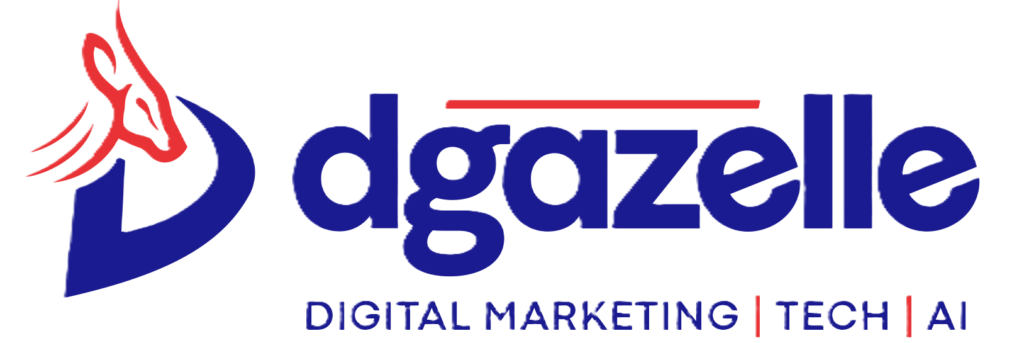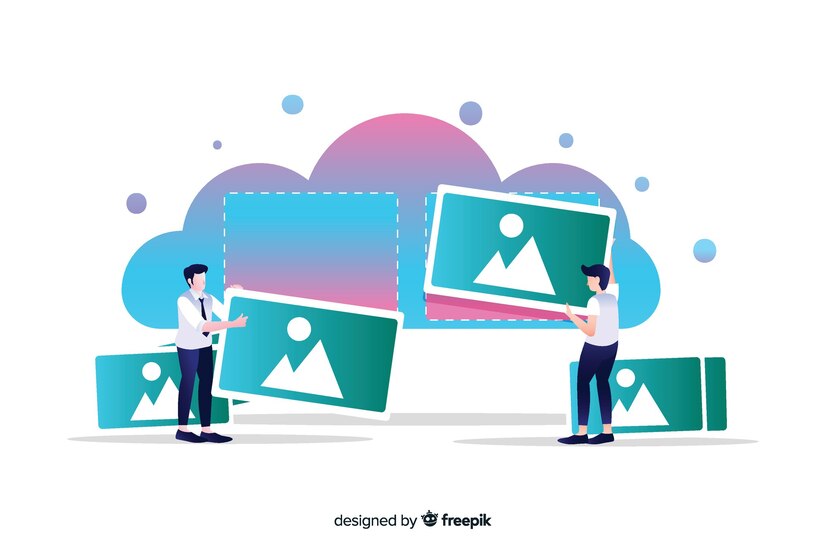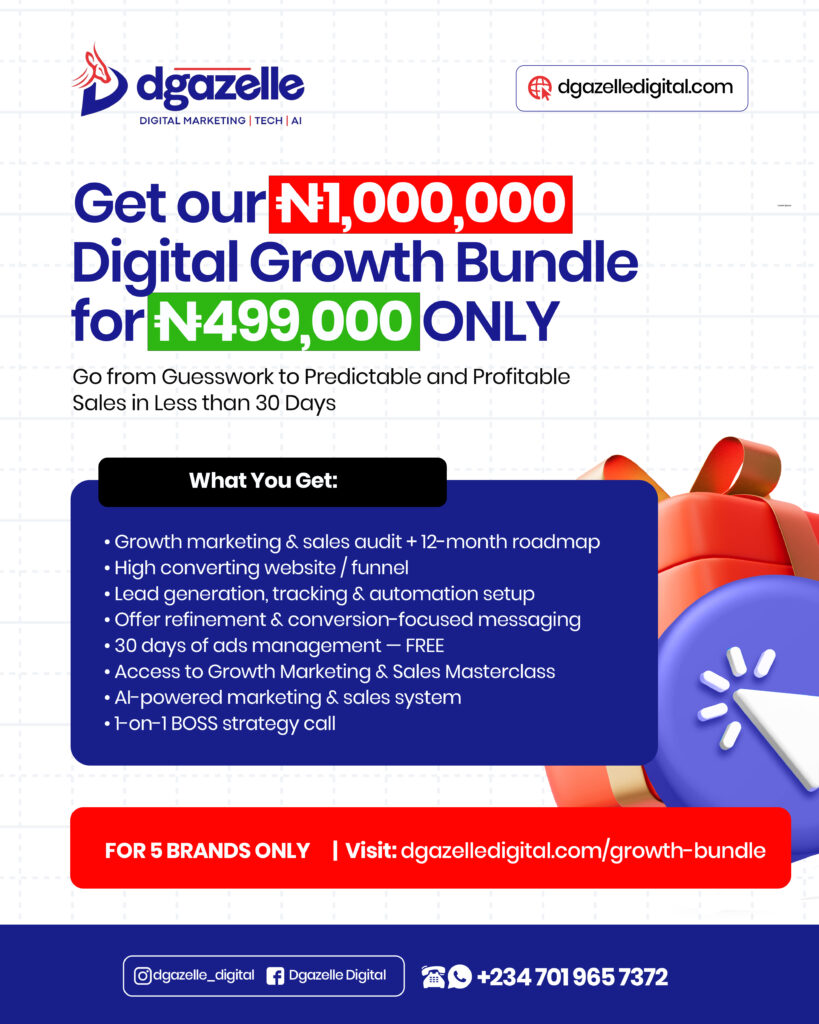Are you sick and weary of your website’s page loads becoming slower? It may be time to investigate image optimization if that is the case. The pictures on your website are essential to giving visitors an interesting and educational experience.
According to Google, websites that take longer than 10 seconds to load will see a 123% increase in bounce rates. Websites featuring photos are likely to have trouble speeding up their pages, which increases the amount of people that leave.
We’ll outline the benefits of picture optimization in this blog post, along with a few simple and quick techniques to get your photos looking their best.
Understand the Basics of Image Optimization
Image optimization is the process of making an image more suitable for the web by making it smaller, lowering the download time, and speeding up page loading. This procedure entails adjusting the dimensions of your photographs, altering the image format, and compressing the file size.
Making sure your website loads as quickly as possible is crucial. The optimization of the graphics on a web page is one of the main determinants of how quickly it loads. Inadequate optimization of pictures might result in slow loading times and poor page performance.
Image optimization, when done correctly, can significantly reduce the size of your photographs in megabytes and kilobytes without changing how they look on a website.
Images must be resized and compressed in order to optimize your website for page performance. You can decrease the amount of data that your photos use and the time it takes for a website to load by downsizing and compressing them.
Additionally, you ought to think about spending money on a program that can optimize and compress photos automatically. In addition to saving you time, this will guarantee that your website loads faster than before.
Tips on how to Optimize Image
After learning the basics of picture optimization, let’s explore some recommended approaches. Thankfully, the process of optimizing photos for improved page speed is not too complicated. To help you get started, here are some pointers.
Choose the Right Image Format
The JPG, PNG, GIF, and SVG image formats are the most widely used. Every one of these file formats has special benefits and drawbacks.
The majority of digital cameras and phones utilize JPG as their default image format. Because it offers a large variety of colors and resolutions, it works well for photos. It is less appropriate, though, for text or photos with sharp edges since compression can degrade image quality.
Another well-liked image format that works well for graphics and logos is PNG. Although it has higher file sizes and doesn’t allow a wide spectrum of colors, it supports transparency and creates sharper edges than JPGs.
GIFs, which allow up to 256 colors, are frequently used for basic animations and graphics. Nevertheless, they have smaller file sizes than other picture formats and do not support transparency. Lastly, for vector images that need a lot of details without taking up a lot of room, SVG is the best choice.
Compress Your Images
The method of lowering the amount of data your photographs require without changing how they seem on screen is called compression. It’s crucial to compress your photos before adding them to your website because this will significantly lower their file sizes and speed up page loads.
There are numerous services and programs for image compression, including ImageOptim and TinyPNG. With little work on your part, these can optimize your photos.
Resize Your Images
Resizing your photographs before submitting them to your website is another method to minimize the amount of data they consume. This entails shrinking the image’s dimensions and pixel size to save screen real estate while maintaining a high visual quality.
Images can be resized and cropped manually using a program like Photoshop or GIMP, or they can be automatically resized and optimized for you using a service like Kraken or Cloudinary.
Use Lazy Loading
Lazy loading is the process of loading images only when they appear in the viewport. This allows you to prioritize how your images load so that certain elements on a page can be displayed first for a faster user experience. You can use a plugin or write code using JavaScript and HTML to implement lazy loading.
How to Find Image-Related Issues on Your Site
Numerous testing tools are available to assess image-related problems and page load speed in order to guarantee that your website operates at peak performance and retains optimal efficiency.
Google PageSpeed: You may use Google PageSpeed to find out how quickly your website loads, how well your images are optimized, and how to make your page loading times faster.
Google Lighthouse: An open-source tool called Google Lighthouse lets you examine how well your website performs in a number of areas, including image optimization. It also offers thorough recommendations on how to enhance the functionality of your website.
Pingdom: You may measure the speed at which your website loads from various places and the number of requests made for each image using Pingdom.
GTmetrix: Similar to Pingdom, GTmetrix provides an in-depth analysis of your website’s performance and suggestions for improvement. It provides a thorough evaluation of your images’ loading speed and optimization.
Conclusion
By using the above advice, you can drastically cut down on the amount of time it takes for pages on your website to load, giving visitors a better experience and encouraging them to return. As we’ve seen here, image optimization is a frequently disregarded component of web development, yet it’s crucial to guaranteeing page performance and speed. Therefore, remember to include image optimization in your website approach.
Make every pixel count, optimize your images to speed up loading times and enhance user experience. Discover how our expert image optimization tips can help boost your site’s performance and conversion rates today!







